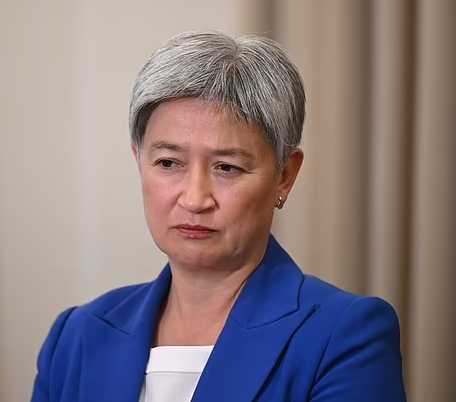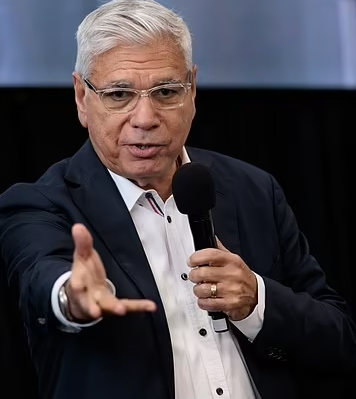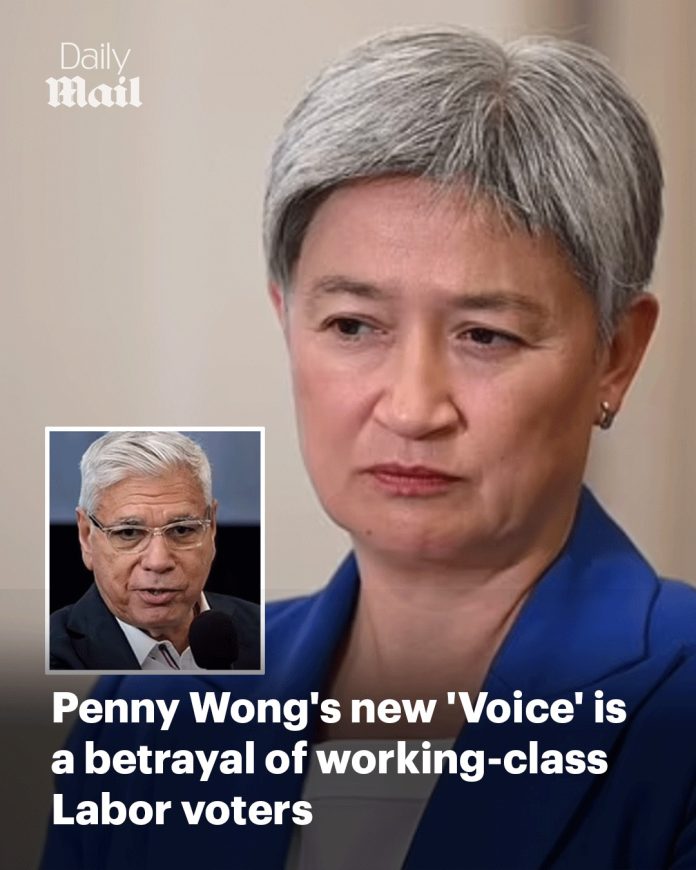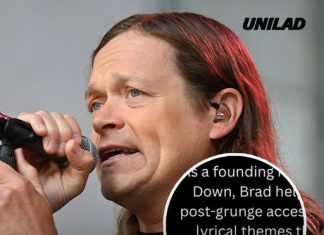In the lead-up to the 2025 Australian federal election, Foreign Minister Penny Wong’s remarks about the Indigenous Voice to Parliament have reignited a contentious national debate. Her comments, made during an appearance on the Betoota Advocate podcast, suggested that the Voice—a proposal for an Indigenous advisory body to Parliament—might eventually be accepted by Australians, akin to the evolution of public opinion on same-sex marriage. This analogy, however, has drawn sharp criticism from various quarters, highlighting the complexities surrounding the Voice initiative and its place in Australia’s political landscape.

The Indigenous Voice to Parliament was a proposal aimed at establishing a constitutionally enshrined body to advise the Australian Parliament on matters affecting Aboriginal and Torres Strait Islander peoples. Despite significant advocacy, the proposal was put to a referendum on October 14, 2023, and was decisively rejected, with approximately 60% of Australians voting against it. This outcome was seen by many as a clear indication of the public’s stance on the issue.
During the podcast, Wong expressed her belief that the Voice could be viewed differently in the future, stating, “I think we’ll look back on it in 10 years’ time and it’ll be a bit like marriage equality.” She elaborated that, much like the protracted battle for marriage equality, the Voice might eventually become a non-contentious part of Australian society. These comments were met with immediate backlash, with critics accusing Wong of undermining the democratic decision made by Australians in the referendum.
Opposition Leader Peter Dutton seized upon Wong’s remarks, suggesting they revealed a hidden agenda within the Labor Party to pursue the Voice initiative despite its rejection. He argued that such comments indicated a disregard for the will of the people and raised concerns about the government’s transparency regarding its intentions. Dutton’s critique was echoed by other political figures and commentators who viewed Wong’s analogy as dismissive of the referendum’s outcome.
In response to the mounting criticism, Wong clarified her position, stating that the Voice is “gone” and emphasizing that the government respects the result of the referendum. She acknowledged the importance of reconciliation and closing the gap between Indigenous and non-Indigenous Australians but affirmed that the specific proposal for the Voice would not be revisited. Prime Minister Anthony Albanese supported Wong’s clarification, reiterating that the government had no plans to reintroduce the Voice initiative and was committed to other forms of practical reconciliation.
The controversy surrounding Wong’s comments underscores the sensitive nature of Indigenous affairs in Australia and the challenges of navigating public opinion on such issues. While some view the Voice as a necessary step toward meaningful reconciliation, others see it as a divisive proposal that failed to garner sufficient public support. The debate also highlights the broader question of how governments should respond to referendums and whether it’s appropriate to revisit policies that have been democratically rejected.

As the election approaches, the Labor Party faces the task of addressing these concerns while maintaining its commitment to Indigenous Australians. The party’s handling of the Voice proposal and the subsequent fallout from Wong’s comments will likely influence public perception and could impact its electoral prospects. Meanwhile, the opposition continues to leverage the issue to question the government’s respect for democratic processes and its transparency with voters.
In conclusion, Penny Wong’s remarks have reignited a complex and emotionally charged debate about the Indigenous Voice to Parliament. While her analogy to marriage equality aimed to suggest a hopeful future for the initiative, it instead highlighted the deep divisions and sensitivities surrounding Indigenous policy in Australia. The government’s subsequent clarifications reflect an acknowledgment of the referendum’s outcome and a commitment to pursuing reconciliation through other means. As the nation moves forward, the discourse around the Voice serves as a reminder of the importance of aligning political aspirations with the expressed will of the people.

















